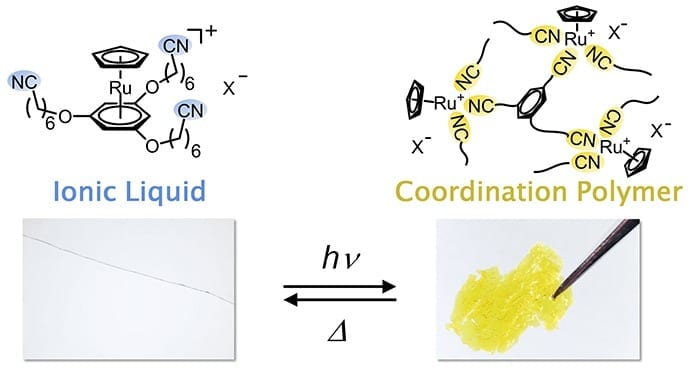ON a Tuesday evening this spring, Sergey Brin, the co-founder of Google, became part man and part machine. About 40 people, all gathered here at a NASA campus for a nine-day, $15,000 course at Singularity University, saw it happen.
While the flesh-and-blood version of Mr. Brin sat miles away at a computer capable of remotely steering a robot, the gizmo rolling around here consisted of a printer-size base with wheels attached to a boxy, head-height screen glowing with an image of Mr. Brin’s face. The BrinBot obeyed its human commander and sputtered around from group to group, talking to attendees about Google and other topics via a videoconferencing system.
The BrinBot was hardly something out of “Star Trek.” It had a rudimentary, no-frills design and was a hodgepodge of loosely integrated technologies. Yet it also smacked of a future that the Singularity University founders hold dear and often discuss with a techno-utopian bravado: the arrival of the Singularity — a time, possibly just a couple decades from now, when a superior intelligence will dominate and life will take on an altered form that we can’t predict or comprehend in our current, limited state.
At that point, the Singularity holds, human beings and machines will so effortlessly and elegantly merge that poor health, the ravages of old age and even death itself will all be things of the past.
Some of Silicon Valley’s smartest and wealthiest people have embraced the Singularity. They believe that technology may be the only way to solve the world’s ills, while also allowing people to seize control of the evolutionary process. For those who haven’t noticed, the Valley’s most-celebrated company — Google — works daily on building a giant brain that harnesses the thinking power of humans in order to surpass the thinking power of humans.
Larry Page, Google’s other co-founder, helped set up Singularity University in 2008, and the company has supported it with more than $250,000 in donations. Some of Google’s earliest employees are, thanks to personal donations of $100,000 each, among the university’s “founding circle.” (Mr. Page did not respond to interview requests.)
Read more . . .
Related articles by Zemanta
- Singularity University Gathers Steam, Rolls Out New Website (singularityhub.com)









